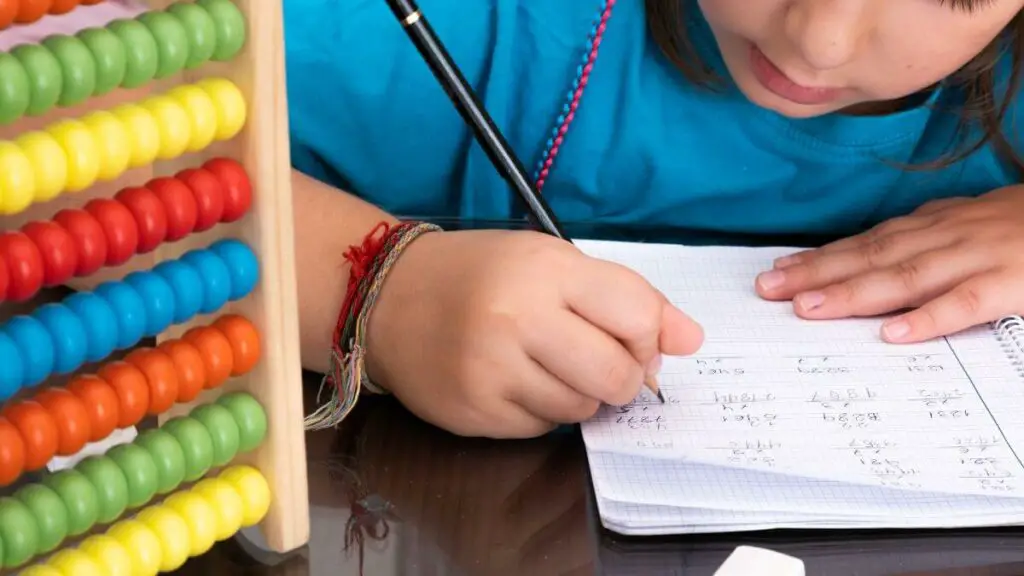A major component of financial literacy is being a savvy consumer. This requires skills like budgeting, planning routine purchases like groceries, monthly bills, and regular maintenance, and knowing how to compare the units-per-dollar among competing substitutes. Of course, all consumers like to splurge on certain items, such as a favorite snack, clothing brand, or service that relieves stress and frees up time. It is often encouraged to build in some budget categories for entertainment and “luxuries,” such as eating out, going to the movies, or buying a fancy brand of sneakers.
However, many people often “break the budget” and splurge too frequently on entertainment and luxuries, threatening to put them in [credit card] debt. A controversial new trend on TikTok, “girl math,” is raising eyebrows as young people, mostly women, explain ways they rationalize spending that many would consider frivolous.
“Girl Math” May Reinforce Negative Gender Stereotypes
While the social media trend has been created in jest, some observers worry that it could perpetuate negative stereotypes about women and math/financial skills. “Girl math” implies that it is mostly women who use mental gymnastics to justify frivolous spending, such as buying unnecessary items on sale by rationalizing that the sale makes the items a good purchase. Critics argue that men perform the same rationalizations when purchasing “manly” items like sports tickets, electronics, or gambling packages, but are rarely considered “frivolous.”
The term “girl math” makes it harder for women to be taken seriously in fields like finance and accounting, and it may dissuade young women from learning financial literacy. Strides should be taken to make financial literacy gender-neutral, not “masculine.” Girls should be expected to learn how to budget and manage their money just as well as boys.
The Cute Videos May Inadvertently Normalize the Behavior
Perhaps more worrisome than the gender aspect of “girl math” is the fact that trendy videos may normalize the behavior. Using mental gymnastics to justify spending money on unnecessary and frivolous items can lead to overspending. Critics highlight incorrect messages that have become common under the “girl math” banner: paying in cash doesn’t count toward your spending, items under five dollars don’t count toward your budget, and buying things on sale counts as saving money because you got the item for less money than usual. All of these rationalizations are false and can lead to busted budgets.
Financial literacy education is important to combat tongue-in-cheek trends like “girl math” that seem cute but can cause real harm to unwary consumers. Of particular importance is understanding that buying items on sale that are not necessary is never “saved money”; you are purchasing something you would not have otherwise purchased. A sale only counts as “saved money” when the item would already have been purchased. And in this regard, students should be taught that it is a common tactic to promote “sales” in stores to lure in customers…without actually lowering the price.
In economics and PFL classes, students should learn that expectation of future prices is a determinant of demand, with consumers demanding items more if they believe the price will rise in the future. Therefore, sellers often claim that the “sale price” is “limited time only.” This can lead to unwary customers buying items they don’t need. “Girl math” may seem harmless, but its messages may help consumers, especially young women, rationalize poor budgeting choices. With Gen Z facing intense financial pressures due to inflation and falling wages, everyone needs to be a savvy consumer!


